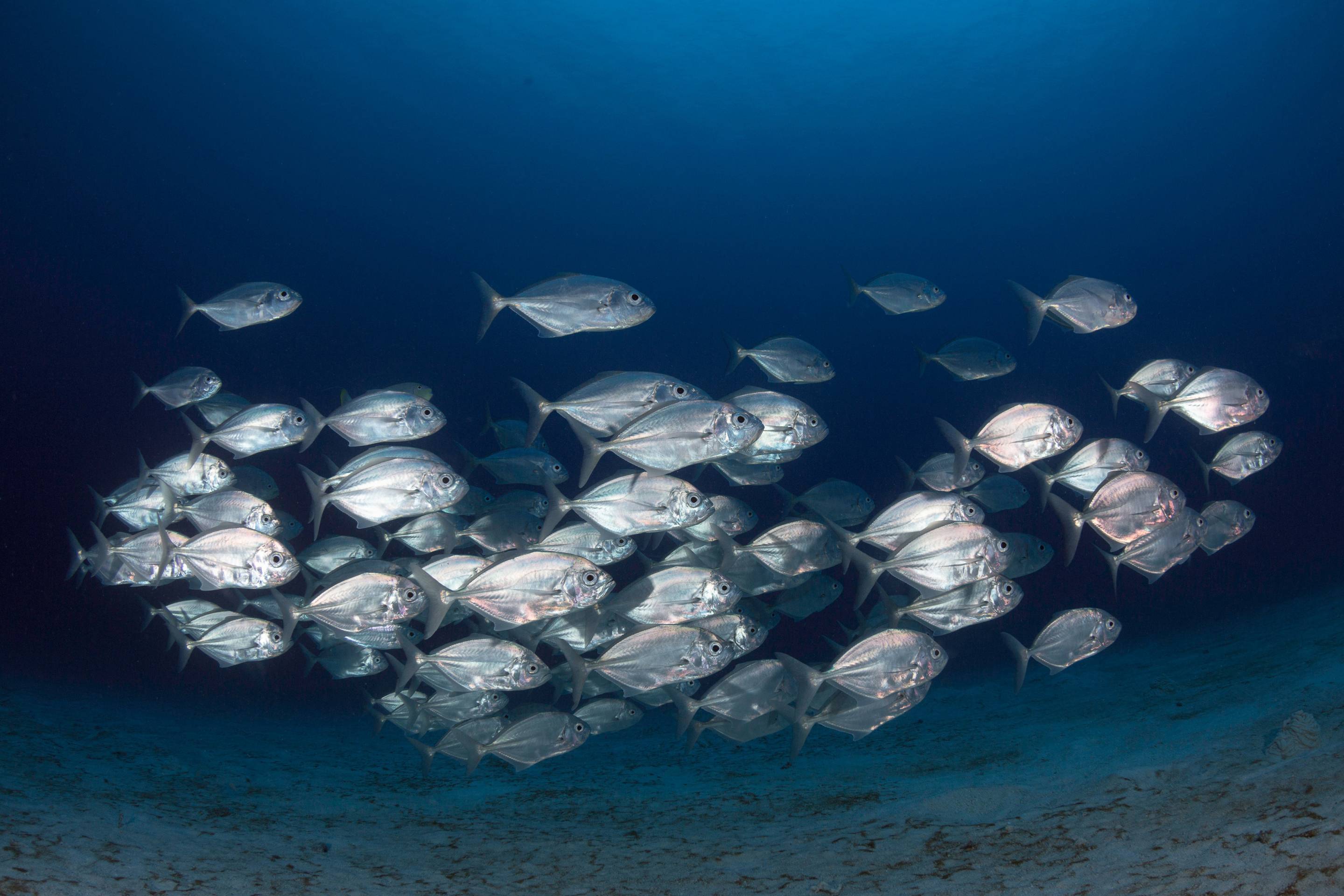Climate change may be depriving juvenile fish of their most crucial early food source by throwing off the synchronization of when microscopic plants known as phytoplankton bloom and when fish hatch, according to Princeton University researchers. The long-term effect on fish reproductivity could mean fewer fish available for human consumption.
Phytoplankton forms the base of the food chain in marine environments, transforming solar energy into plant matter. Their blooms provide vital nourishment to animals further up the food chain, including the larval stages of many fish species.
The researchers recently reported in the journal Global Change Biologythat as Earth’s climate continues to warm, the occurrence of phytoplankton blooms have shifted from historic timelines, occurring earlier than normal. Supported by the Princeton Environmental Institute (PEI), the scientists found that phytoplankton blooms could start approximately two to four weeks earlier in temperate and polar ecosystems under climate change. This could create hardships for developing fish as they struggle to find the phytoplankton they need to fuel their growth and survive into adulthood.
“Once fish larvae utilize all of the yolk that they received from their parents, they must learn how to hunt quickly — otherwise they risk starvation,” said first author Rebecca Asch, an assistant professor of biology at East Carolina University who began the work as a postdoctoral researcher in Princeton’s Program in Atmospheric and Oceanic Sciences.
Read more at Princeton University
Photo: Princeton University research suggests that climate change could throw off the timing of fish breeding with phytoplankton blooms, which would deprive juveniles of certain fish species of a crucial early food source. The long-term effect on fish reproductivity could mean fewer fish available for human consumption. Photo by Milos Prelevic on Unsplash


